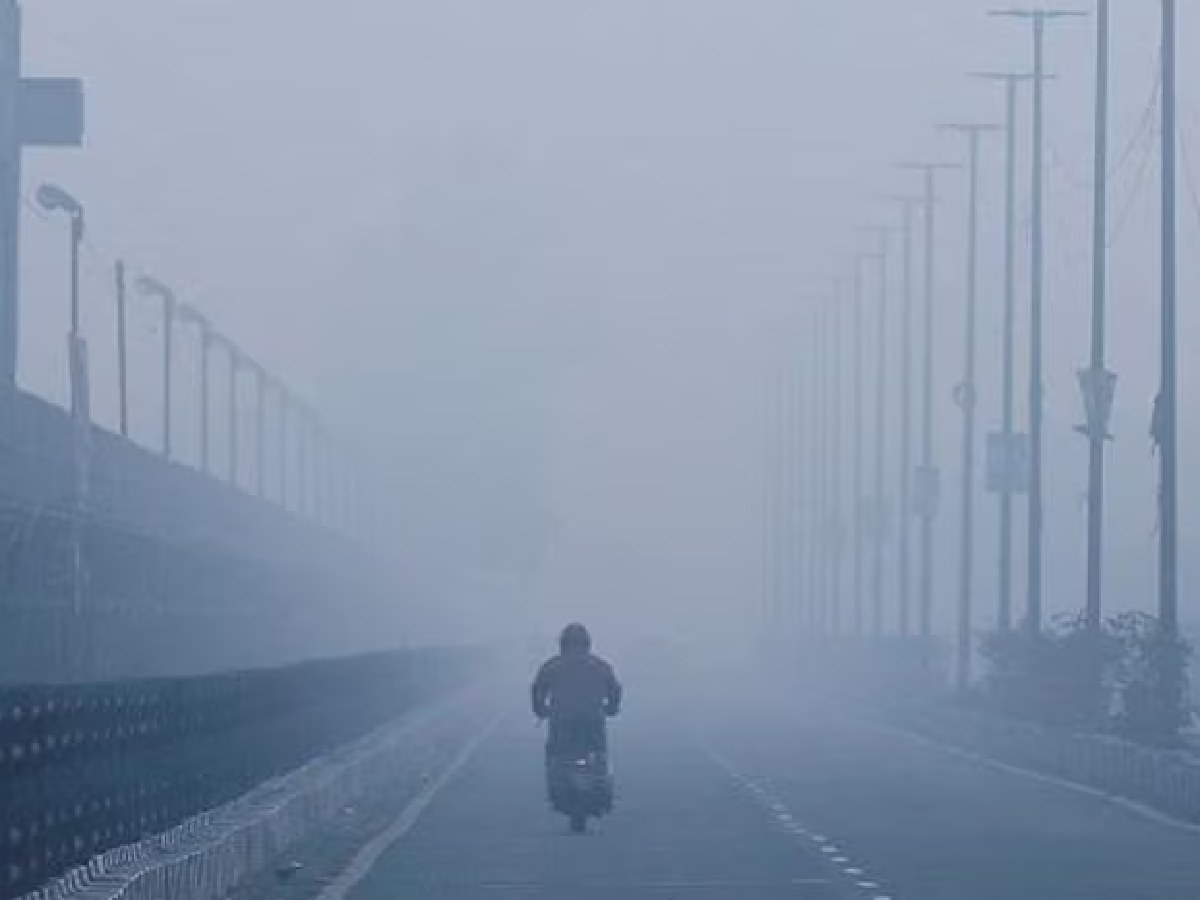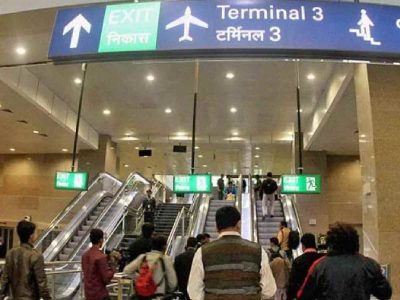Delhi Weather: Delhi was shrouded in a dense fog on Friday morning, reducing visibility to zero in some areas and disrupting travel. The India Meteorological Department (IMD) reported a minimum temperature of 7°C and predicted cloudy skies for the day. The fog severely impacted flight operations at Indira Gandhi International Airport, delaying over 100 flights, though no diversions were necessary.
Also read: Delhi pollution body collected over Rs 112 crore in compensation: Report in NGT
Delhi International Airport Ltd (DIAL) confirmed that while flight operations continued, aircraft not equipped with CAT III technology, designed for low-visibility conditions, were affected. Passengers were urged to stay updated through their airlines. The airport, handling around 1,300 flight movements daily, remained operational despite the challenging conditions.
Alsoo read: Ageing with grace: Stories of extraordinary lives that inspire resilience and purpose
At 8 am, the Palam weather station recorded zero visibility with calm winds, while Safdarjung reported slightly better visibility at 50 metres. The city’s air quality remained in the “very poor” category, with an AQI of 351 at 9 am. Humidity levels reached 100% by 8.30 am, adding to the dense fog’s persistence. For context, AQI values between 301 and 400 indicate “very poor” air quality, with severe health implications for vulnerable groups.
The IMD forecasted very dense fog throughout the day, with the maximum temperature expected to settle around 17°C. These conditions caused significant disruptions to daily life, particularly for commuters and air travellers, underlining the impact of winter weather on the city.
Delhi’s recurring winter challenges, including dense fog and poor air quality, remain critical issues requiring long-term solutions to mitigate their effects on transportation and public health.
Also read: Detention policy reinstated: Will it improve education quality at schools?





